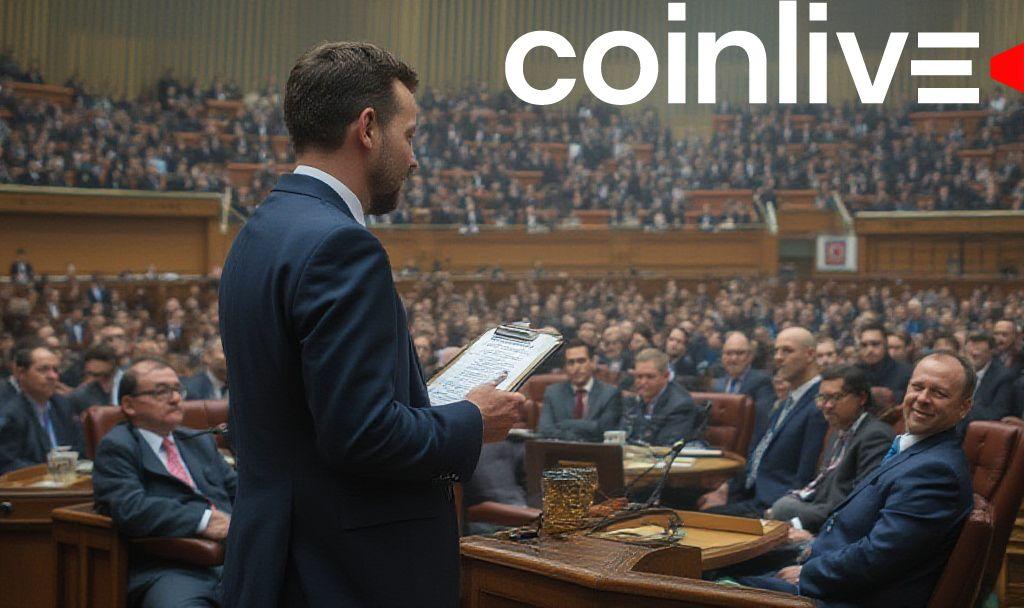- Russia focuses on cryptocurrency seizures under Vadim Fedorov’s leadership.
- Legislation targets crimes involving digital assets.
- Affects domestic crypto transactions and ownership.
Deputy Minister of Justice Vadim Fedorov recently announced new legislation aimed at seizing cryptocurrencies like Bitcoin in criminal investigations within Russia.
New Crypto Regulations
The Russian government, through Deputy Minister Vadim Fedorov, is implementing a new regulatory framework to seize cryptocurrencies during criminal investigations. This move reflects a significant legal development, providing authorities the ability to treat digital currencies as seizable property.
The Russian Ministry of Justice, in collaboration with law enforcement, leads this initiative. The upcoming bill reinforces legal mechanisms for handling digital assets like Bitcoin and Ethereum in criminal contexts, aiming to close existing legal gaps.
As Deputy Minister Fedorov remarked, “It [the bill] proposes special requirements to ensure the security of such assets — depending on the specific characteristics of the digital currency, an investigator would be able to seize a physical device containing access codes or request a court-imposed ban on transactions.”
This regulatory shift potentially impacts investors and organizations dealing in crypto within Russia, possibly altering local market conditions. It may influence domestic crypto activities and create challenges for entities operating in the crypto sphere.
Impact on the Market
Financial implications are considerable, affecting the crypto market’s landscape and investor confidence in Russia. Politically, this move reflects a cautious approach to integrating digital assets into Russia’s financial system, accommodating legal enforcement against crypto-related crime.
Expected outcomes include stricter local regulations on crypto-asset seizures, reflecting Russia’s evolving stance on digital currency controls. This development aligns with global trends of increasing governmental regulatory involvement in cryptocurrency management.
